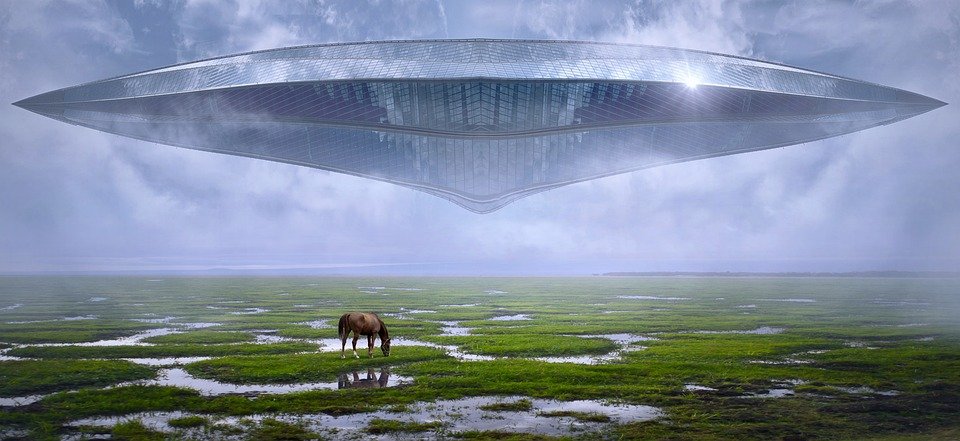From Sci-Fi to Reality: Exploring the Potential of Self-Replicating AI
Science fiction has long fascinated us with its portrayal of artificial intelligence (AI) that can not only think like humans but also replicate and evolve independently. While this concept seemed like a distant dream just a few years ago, recent advancements in AI technology have brought us closer to making this sci-fi fantasy a reality. Self-replicating AI is an intriguing and potentially transformative field that holds great promise for various industries.
Self-replicating AI refers to a system that has the ability to create copies of itself without human intervention. This concept draws inspiration from the biological process of reproduction, where organisms create offspring to ensure their survival and propagation. Similarly, self-replicating AI aims to create new instances of itself, thereby potentially increasing its computational power and capabilities exponentially.
The potential applications of self-replicating AI are vast and varied. One of the most significant benefits is the ability to rapidly scale AI systems and expand their capacity. Currently, building advanced AI models requires significant time and resources. However, with self-replicating AI, the process could become much more efficient. As AI systems replicate and evolve, they can share their knowledge and experiences with their offspring, leading to an accelerated learning process and the development of more advanced models.
Another area where self-replicating AI could have a profound impact is in the field of space exploration. Sending humans to distant planets and galaxies is a complex and costly endeavor. However, self-replicating AI could potentially create robotic explorers that can replicate themselves, adapt to new environments, and perform complex tasks without human intervention. This would revolutionize our ability to explore the universe and gather valuable data.
Additionally, self-replicating AI holds immense potential in industries such as manufacturing and healthcare. In manufacturing, self-replicating AI could lead to the creation of autonomous factories, where robotic systems can replicate themselves and produce goods at an unprecedented scale and speed. This could revolutionize production processes and reshape entire industries.
In healthcare, self-replicating AI could aid in drug discovery and development. By rapidly creating and testing new AI models, researchers could identify potential drug candidates and optimize their efficacy. This could significantly accelerate the process of finding new treatments and cures for diseases.
However, as with any emerging technology, self-replicating AI also raises concerns and ethical considerations. The ability of AI systems to self-replicate and evolve independently raises questions about their control and potential risks. Ensuring the responsible development and deployment of self-replicating AI is crucial to prevent unintended consequences and potential harm.
Furthermore, the potential for AI systems to outpace human control and understanding raises concerns about the implications of creating highly intelligent and autonomous entities. Safeguards and regulations must be put in place to prevent misuse and ensure that AI systems align with human values and interests.
In conclusion, self-replicating AI is no longer just a concept confined to science fiction novels and movies. Recent advancements in AI technology have brought us closer to realizing the potential of self-replicating AI in various industries. From space exploration to healthcare and manufacturing, the ability to create AI systems that can autonomously replicate and evolve holds immense promise. However, careful consideration of ethical and safety implications is crucial to ensure responsible development and deployment. The journey from sci-fi to reality is underway, and the potential of self-replicating AI is boundless.

